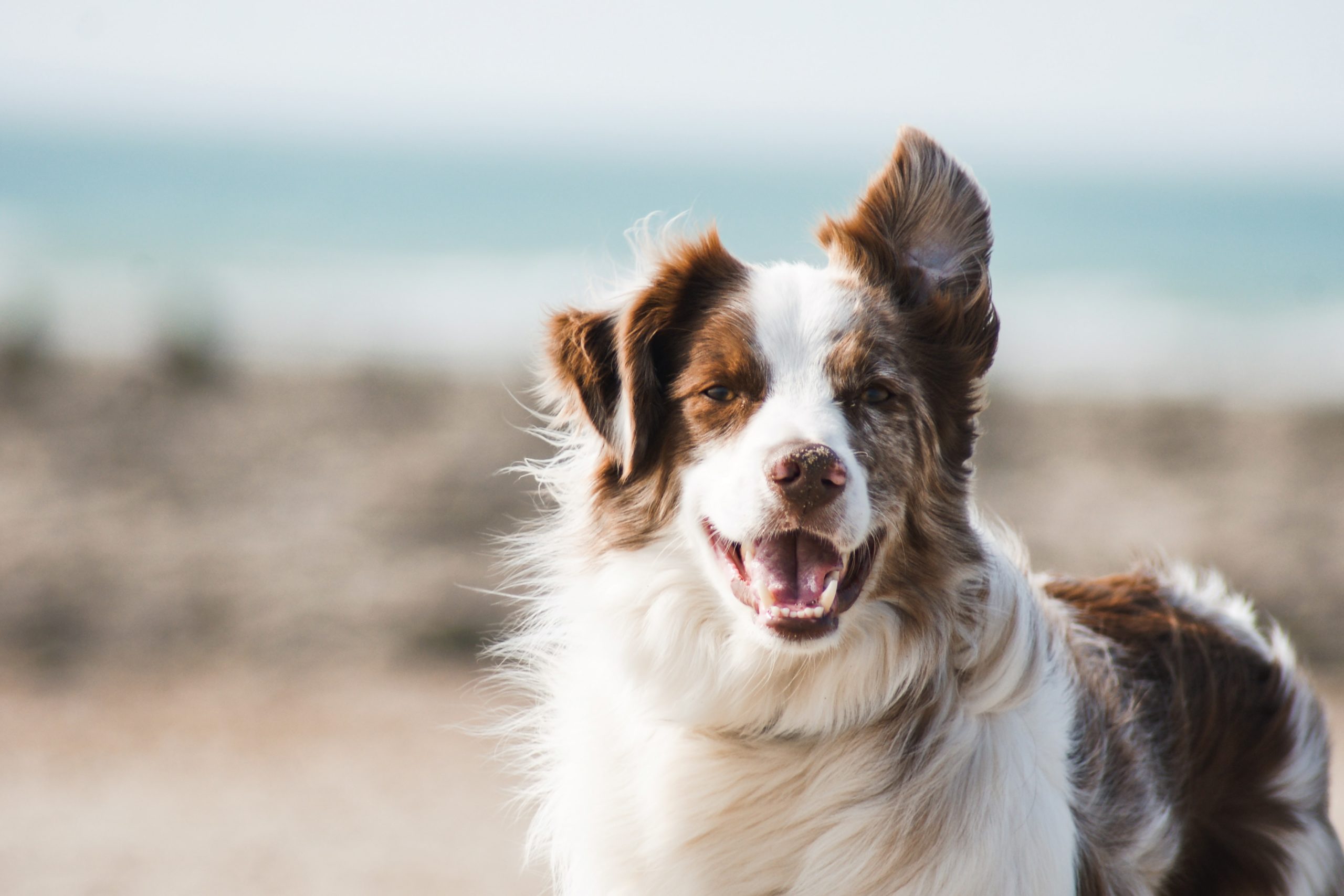Dog Breeds that Need a Little Extra Training
All dogs are individuals with their own unique personalities. However, some breeds tend to have more behavior problems than others. If you’re considering adding a furry friend to your family, it’s important to do your research ahead of time so you can be prepared to train your new dog and set them up for success. Here are four popular dog breeds that tend to have behavior issues and what you can do to help them.
- Labrador Retrievers
Labradors are one of the most popular dog breeds in the world, but they also rank high on the list of breeds with behavior problems. Labs are known for being excitable, mouthy, and prone to chewing. They need a lot of exercise and mental stimulation to stay happy and healthy, so if you’re considering a Lab, be prepared to commit to daily walks, runs, or hikes, as well as regular trips to the dog park or doggy daycare. However, Labs can be great family dogs with proper training and socialization. - Beagles
Beagles are another popular breed that is known for being hyperactive and hard to train. They were bred as hunting dogs, so they have a strong instinct to follow their noses—which can lead them into trouble if they’re not properly supervised. Beagles also like to bark and howl, so a Beagle might not be the best fit if you live in an apartment or close quarters with your neighbors. With patience and consistency, most Beagles can learn basic obedience commands. - Rottweilers
Rottweilers are large dogs with a reputation for being aggressive. However, this isn’t necessarily true—most Rotties are actually gentle giants who are fiercely loyal to their families. That said, Rotties do require obedience training and socialization from a young age to prevent them from becoming overly protective or territorial. If you’re considering a Rottweiler, be sure you’re prepared to commit to training classes and provide them with plenty of love and attention. - Bull Terriers
Bull Terriers are active, playful dogs that require a lot of exercise but can also be stubborn and hardheaded. They were originally bred as fighting dogs, so they can be aggressive toward other animals if not properly trained and socialized from an early age. Bull Terriers also have a strong prey drive, so it’s important to keep them on a leash when walking them in areas where there might be small animals running around (like parks or trails). With the right training and care, though, Bull Terriers can make great companion animals.
Conclusion:
If you’re thinking about adding a furry friend to your family, it’s important to do your research first. Some dog breeds tend to have more behavior problems than others, so it’s important to know what you’re getting into before bringing home your new pup. That said, all dogs are individuals with their own unique personalities—so even if your chosen breed is known for having behavior issues, there’s no guarantee that your individual dog will have those same issues. The best way to ensure that your new dog is well-behaved is to commit to training classes and consistent positive reinforcement—no matter what breed you choose!
